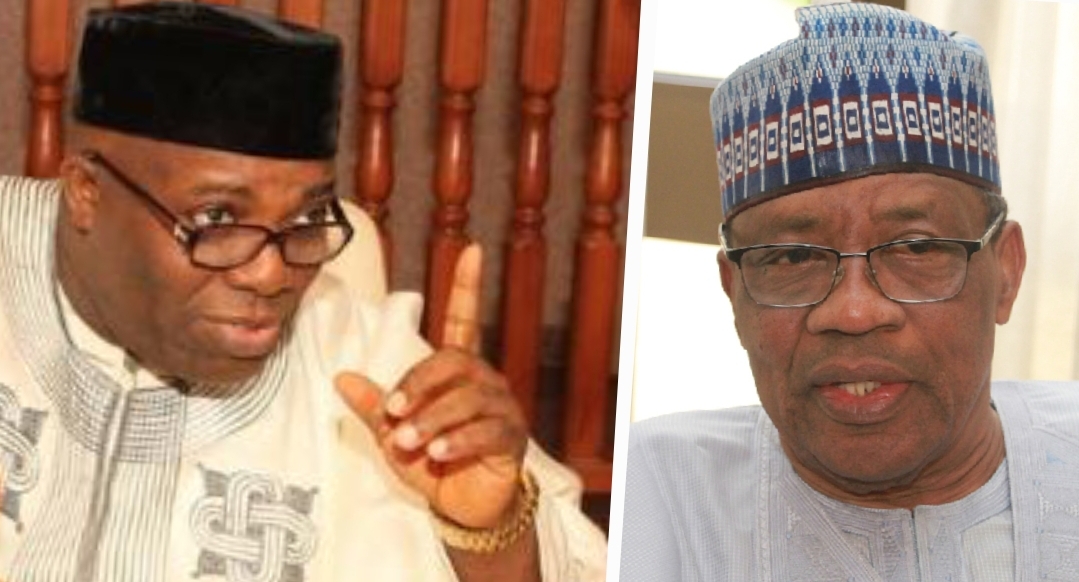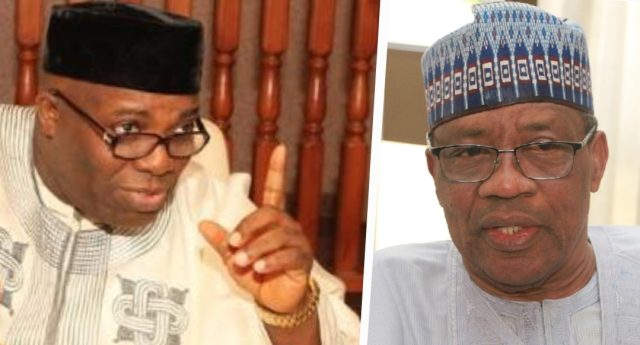To follow Prof. Okey Ndibe on his powerful weekly exposés and other interesting political and entertainment news from Nigeria, click HERE to subscribe to the Life and Times newsletter…

Last week, a fairly reputable Nigerian pollster placed Peter Obi, presidential candidate of the Labour Party, ahead of the field of aspirants.
In a poll conducted the first week of December, ANAP Foundation found that 23% of likely voters were for Obi, a former governor of Anambra State. The next closest contender, Ahmed Bola Tinubu of the All Progressives Congress, was ten points behind. Former Vice President Atiku Abubakar, who represents the Peoples Democratic Party, netted a mere 10%, with Rabiu Kwankwaso of the New Nigeria Peoples Party at two percent.
On the surface, the poll is good news for Obi. He has emerged as something of a Cinderella candidate. His quest for Nigeria’s top political office has been buoyed by an unlikely coalition: social media savvy youth, prelates and other religious leaders, the corporate elite, hordes of disenfranchised poor, and even well-heeled entrepreneurs as well as privileged politicians vexed by their country’s violent climate. Obi continues to benefit from a perception that he is a conscientious, thinking politician, a softhearted man, and a wealthy businessman with a common touch.
Whether that perception is fully earned is a different issue, open to debate. My take is somewhere in the middle. His record in public office is not as stellar and unblemished as his press and image-makers pretend. But he’s a cut above many – perhaps even most – who have bestrode the public space.
At any rate, there’s no question that he has struck a chord with a broad and broadening spread of Nigerians. He has arrived as a presidential candidate at an ideal time, with Nigeria mired in dire crises. Nigerians are ready, if not desperate, to imagine a different kind of life, a new mode of collectivity. The 2023 elections are bound to be full of surprises. A careful parsing of ANAP’s poll suggests nothing less.
My interest was piqued by two findings in the poll. These had to do with the low percentages of voters who said that religious and ethnic considerations would weigh in their electoral choices.
According to the poll, a miniscule 15 per cent of the respondents indicated that their vote would be influenced by religion. The outlook was even more heartening when it came to ethnic consideration. Only 10 per cent of respondents would let ethnicity inform how they vote.
I’m far from confident that this will hold true. If it does, that would be a profound and welcome turn in Nigeria’s electoral politics. It would amount to a signal transformation in our social awareness, a realization that ethical capital is not inherent in those who profess any particular faith or hail from any particular ethnic group.
In the past, too many voters permitted ethnic and sectarian sentiments to cloud their judgment. The outcome was tragic. Nigeria bursts with talent in every sphere of human endeavor. Yet, time after time, its people found ways to recruit appalling candidates to run – and ruin – their lives.
The ANAP poll revealed a tailwind for Obi’s campaign. But that boost was undercut by the conviction of Doyin Okupe, the campaign’s director general, on charges of money laundering. Justice Ijeoma Ojukwu of the Federal High Court, Abuja, found Okupe guilty of laundering more than N700 million. She sentenced him to serve two years in jail, or to pay a file amounting to N13 million.
By all accounts, Okupe had done an excellent job coordinating the LP’s presidential campaign. His profile and effectiveness as a campaign curator meant that news of his corruption went viral. Other campaigns capitalized on it, wondering how Obi would explain away being caught in the company of a morally unflattering man.
Okupe deflected some of the political deficit by quickly offering his resignation from the Obi campaign. Just as quickly, the former governor accepted the resignation. In a gracious note, he commended his disgraced former DG for doing a fine job.
Okupe’s embarrassing moment struck me in a deeply personal way. I haven’t seen him in more than thirty years, but he and I used to be quite close. I was then a young journalist at the African Concord and he was in medical practice, running of the most regarded clinics on Lagos Island. He was also deeply interested in the fortunes of Nigeria, and would write an occasional essay for the Concord. Okupe and I (and, on occasion, a few mutual friends) would spend hours at his home or elsewhere discussing the ins and outs of Nigerian politics.
I was disappointed when he left medicine to become a full-time politician. I felt that the political arena could manage without him, but that Nigeria’s ailing healthcare sector would be further impoverished by the exit of such an urbane doctor.
I don’t know how much good Okupe has done as a politician. Certainly, he did well for himself financially – witness the evidence that he amassed illicit cash. I bet he would have made a huger, more salutary difference had he stayed in medical practice. The only downside, for him, would be not having access to all that filthy wealth. Isn’t it time the Okupes in our midst understood that the accumulation of obscene wealth is hardly a path to true fulfillment?
In my estimation, Okupe fell from grace to grass. I cannot help mourning an erstwhile friend’s avoidable crash.
Postscript: As political news goes, a recent report out of Ebonyi State was simply bizarre. Governor David Umahi’s administration announced that a stadium under construction in the state would be named for former military dictator Sani Abacha. Abacha was a veritable nightmare, his regime overseeing shocking levels of human rights abuses, including execution of foes of the regime. When he died on June 8, 1998, Nigerians filled the streets in an unusual explosion of joy borne of relief.
Why in the world would Umahi choose to exhume and garland the ghost of such a widely despised man?
Why?
Okechukwu Ndibe, better known as Okey Ndibe, (born 1960) an acclaimed Nigerian novelist, political columnist and essayist was born in Yola, Nigeria. He is the author of Arrows of Rain and Foreign Gods, Inc.
Ndibe has worked as a professor at several colleges, including Connecticut College, Bard College at Simon’s Rock, Trinity College in Hartford, Connecticut, and Brown University.
We are honored that he brings his sharp intellectual depth and years of pol







